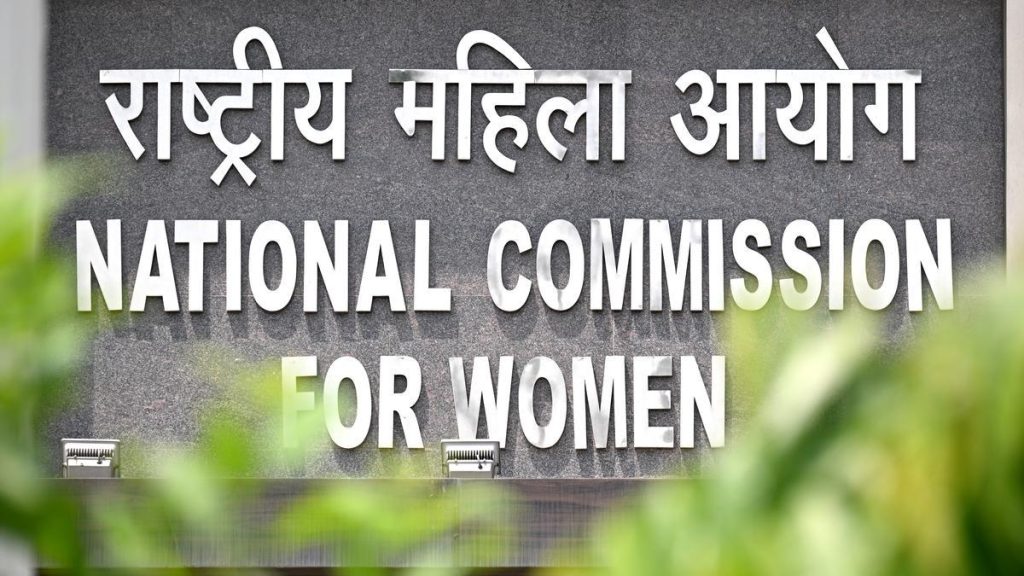Now Reading: Kerala’s IT Sector Weighs Impact of H-1B Visa Fee Hike
-
01
Kerala’s IT Sector Weighs Impact of H-1B Visa Fee Hike
Kerala’s IT Sector Weighs Impact of H-1B Visa Fee Hike

Speedy Summary
- The U.S. announced an increase in H-1B visa fees to $100,000, creating widespread panic among IT professionals in Kerala.
- Indian IT services companies may face immediate difficulties due to increased costs. Smaller firms are expected to be especially affected.
- Even though Indian tech majors have reduced reliance on H-1B visas over the years, India constitutes 70% of total H-1B applications, with approximately 50,000 annually.
- Experts highlight that businesses heavily reliant on onsite operations will need alternative strategies; fintech and business request sectors are likely to bear the greatest impact.
- Large companies might also struggle as they typically send important numbers of employees onsite and may face higher costs or reduced client willingness for expansions.
- V.K. Mathews of IBS Software views the fee hike as less impactful for product-based companies but more problematic for service-oriented firms,which rely heavily on H1-B visas.
- Experts see a potential possibility in global capability centres (gccs) being set up by U.S.-based firms shifting operations to tier-two cities in India like Thiruvananthapuram or Kochi.
Indian Opinion Analysis
The steep hike in H1-B visa fees is set to considerably alter India’s IT industry dynamics. While smaller IT businesses dependent on U.S.-based projects may struggle, larger players will need innovative approaches to absorb or redistribute these costs. Fintech and business application sectors could experience disruptions due to dependency on onsite client services.
Though, this challenge opens doors for India’s domestic landscape as global capability centres gain appeal among multinational firms looking at cost-effective options outside the U.S., particularly in tier-two cities. If managed strategically through policy support and infrastructure enhancements at home, such centres could position India not just as an outsourcing hub but also a high-value innovation destination for foreign investments.
The move highlights critical talent limitations within the U.S., underscoring India’s role as a crucial contributor of skilled manpower globally.
Read More: source






















